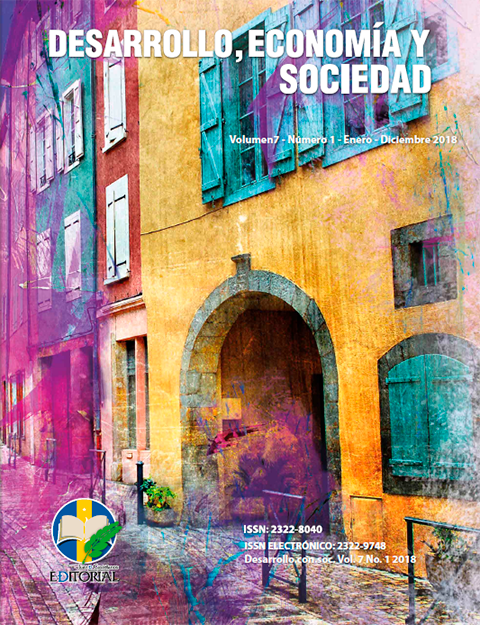Rats, hares and snakes: the fable of adolescent offenders in schools
DOI:
https://doi.org/10.38017/23228040.634Keywords:
Education, street language, school, socializationAbstract
It was established as a general objective when investigating, to reveal the contextual and relational conditions between adolescent offenders inside the District Educational Institution (DEI) José Jaime Rojas in the city of Bogotá and the Agroindustrial Technical Educational Institution (ATEI) (Arjona, Bolívar, Colombia). The focus groups and semi-structured open-ended interviews allowed clarifying contextual living conditions and relationships with partners whose divergence is represented in the use of language, by assigning diverse properties to pronouns and adjectives according to the territory. We searched to describe the school conditions (academic and cohabitation) of them in school, hoping to understand how in a language they self-recognize and create as subjects in criminal matters. The following work shows how language affects the type of relationships that occur between adolescent offenders, for which we use fables to describe what has been narrated. In the second section, it is established how the school is a space for encounters of knowledge and socialization, distant from the academic learning that is expected, with traditional teaching methods that make the subject invisible. And the third axis refers to the contextual conditions that surround the research, in order to close with the conclusions of the research carried out.
Downloads
References
Contreras, J. (2000) Percibir la singularidad, y también las posibilidades, en las relaciones educativas ¿Una pedagogía de la singularidad? [Web] Recuperado de: http://absta.info/percibir-la-singularidad-y-tambin-las-posibilidades-en-las-rel.html
Esopo. (2014). Fábulas. Recuperado de http://edyd.com/
Feixa, C. (1999) De jóvenes bandas y tribus. Ariel: Barcelona.
El tiempo (2015) Recuperado de http://www.eltiempo.com/archivo/documento/CMS-16624127
ICBF (s.f.) Ruta jurídica del procedimiento administrativo de restablecimiento de derechos de niños, niñas o adolescentes con sus derechos inobservados, amenazados o vulnerados PARD Recuperado de http://www.icbf.gov.co/portal/page/portal/PortalICBF/bienestar/proteccion/autoridades/PARDrutajuridicacompleta2016.pdf
Habermas, J. (2008) El discurso filosófico de la modernidad, Buenos Aires, Argentina, Katz Editores.
Mendoza, V. (2011) Una mirada a los saberes de acción de los profesionales en Trabajo Social en el abordaje de familias de adolescentes infractores privados de la libertad. Recuperado de http://www.bdigital.unal.edu.co/5121/1/Una_mirada_a_los_saberes_de_acci%C3%B3n_de_los_profesionales_en_Trabajo_Social_en_el_abordaje_de_familias_de_adolescentes_infractores_privados_de_la_libertad.pdf
Personería de Bogotá (2016) Recuperado de: http://www.personeriabogota.gov.co/informacion-general/noticias/item/446-no-hay-planes-serios-de-prevencion-de-drogadiccion-en-colegios-personero
Popper, K. (1961) El desarrollo del conocimiento científico. Conjeturas y refutaciones. Edirus.
Popper, K. R. (1998). “Conocimiento Objetivo: un enfoque evolucionista”. Madrid, España, Editorial Tecnos.
Schön, Donald. (1983). The Reflective Practitioner. How Proffessionals think in Action". New York Basic Books, Harper Colophon.
Vélez Restrepo, O. (2003). Reconfigurando el trabajo social. Perspectivas y tendencias contemporáneas Buenos Aires, Argentina, Ed. Espacio.





